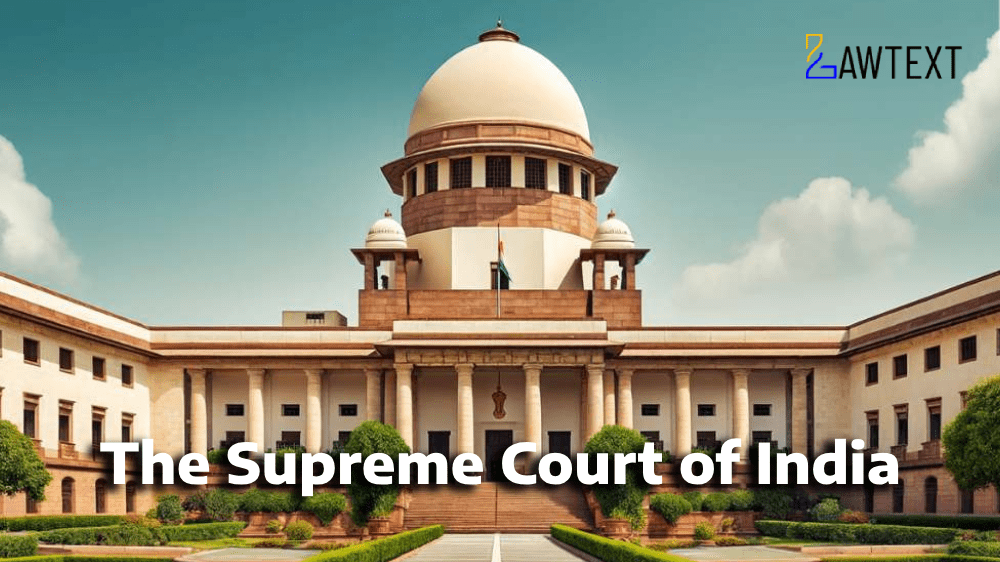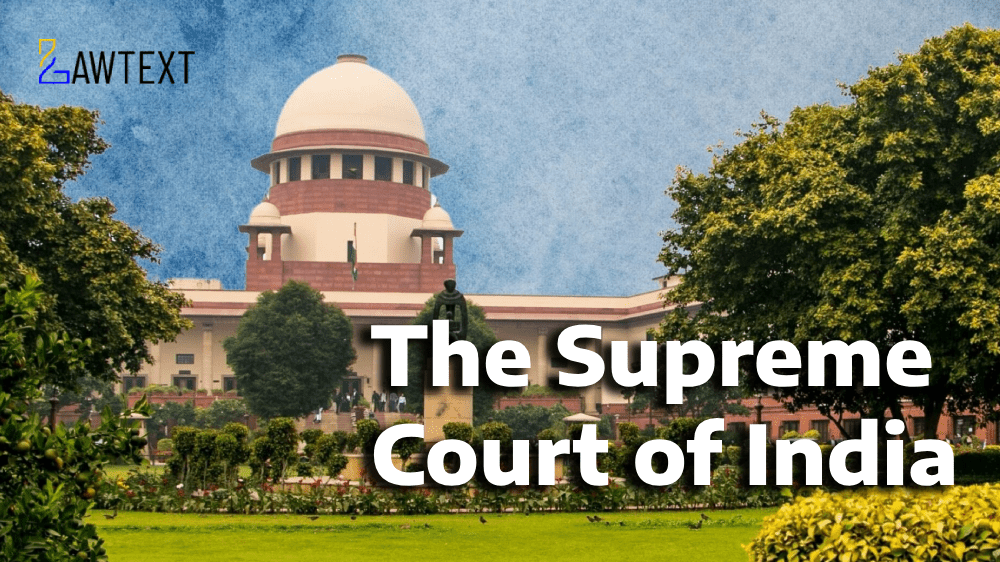Case Note & Summary
The Supreme Court dismissed four petitions filed by a partnership firm involved in iron and steel products, challenging the acquittal of the first respondent in a case related to cheque dishonour under Section 138 of the Negotiable Instrument Act, 1881. The Court upheld the concurrent findings of the First Appellate Court and the High Court, which both concluded that the cheques in question were not issued in discharge of any legally enforceable debt. The petitioner failed to produce any substantial documentary evidence to support the claim that the cheques were issued for financial assistance provided to the respondent. The defence presented by the respondent, including the absence of a debt and the misuse of blank cheques allegedly procured from the CBI, was deemed plausible. Consequently, the petitions were dismissed, with no order as to costs.
Background of the Case:The petitioner, a partnership firm dealing in iron and steel products, had lodged four complaints under Section 138 of the Negotiable Instrument Act, 1881, after the respondent's cheques were dishonoured due to insufficient funds. The cheques, drawn on Axis Bank Limited, Kolkata, were allegedly issued to discharge a financial liability towards the petitioner.
Trial Court Proceedings:The Trial Court convicted the respondent, finding that the cheques were issued in discharge of a legally enforceable debt, and that the respondent failed to rebut the statutory presumption of guilt under Sections 118 and 139 of the 1881 Act.
Appellate Court and High Court Rulings:The First Appellate Court overturned the conviction, acquitting the respondent on grounds that the petitioner failed to provide evidence of any loan transaction or the handing over of cheques. The High Court upheld this decision, emphasizing that no enforceable debt or liability was established, and the respondent's defence was plausible.
Supreme Court Judgment:The Supreme Court found no perversity in the findings of the lower courts. It held that the petitioner could not demonstrate any evidence of financial assistance or debt, and that the concurrent findings of fact by the First Appellate Court and High Court were based on thorough examination of the evidence. Consequently, the petitions were dismissed.
Conclusion:The petitions were dismissed with no order as to costs, and the Supreme Court did not find any point of law warranting interference with the lower courts' findings. The Court also stated that the findings were neither perverse nor based on no evidence, reaffirming the acquittal of the respondent.
Issue of Consideration: M/S RAJCO STEEL ENTERPRISES VERSUS KAVITA SARAFF AND ANOTHER
Premium Content
The Issue of Consideration is only available to subscribed members.
Subscribe Now to access critical case issues





